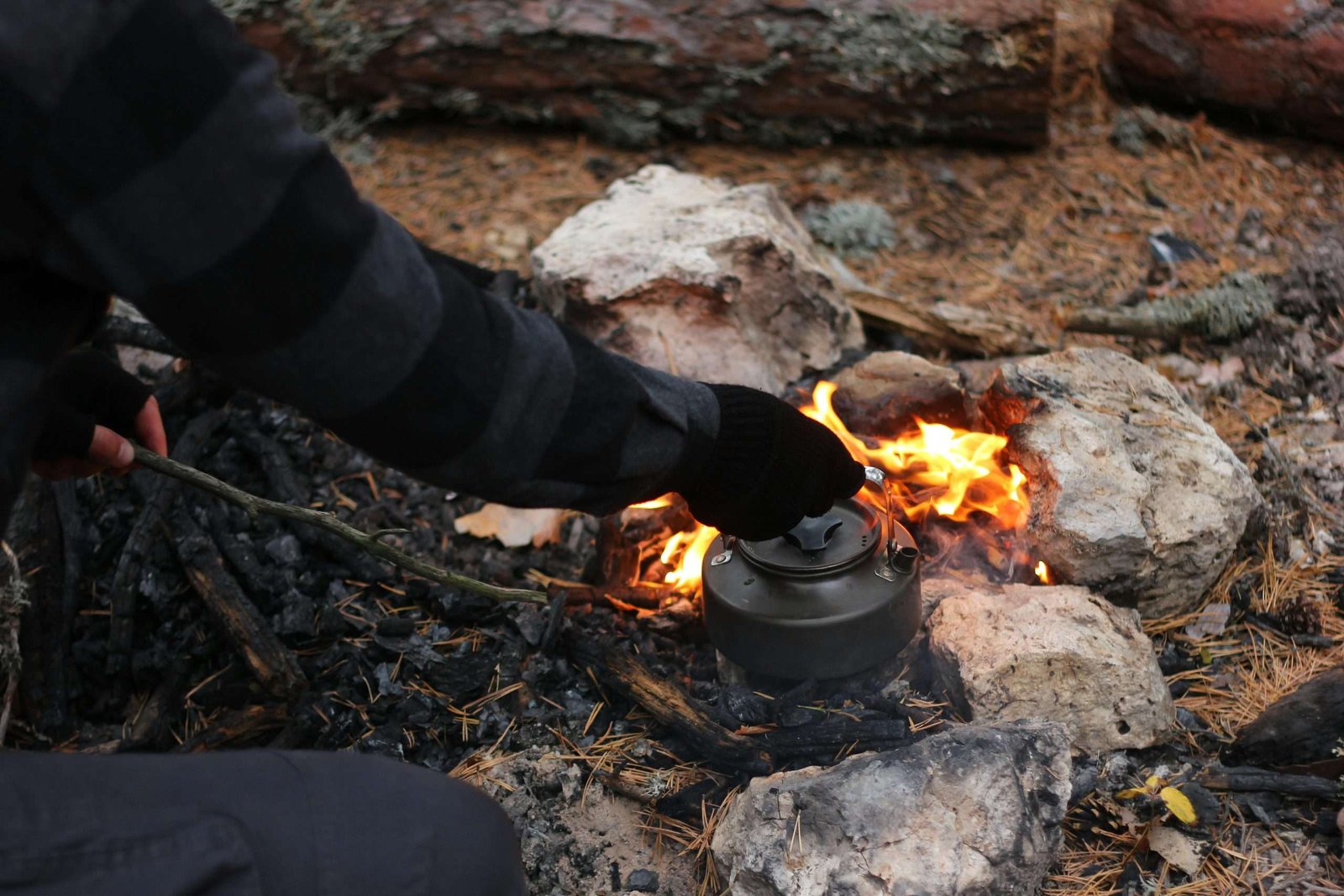Winter Survival Skills: Essential Tips for Cold-Weather Camping
Camping in winter is an adventure like no other. While cold-weather camping takes you to stunning landscapes of snow-covered trees and quiet trails, it requires careful preparation and specific skills. If you’re ready to embrace the beauty of winter camping, it’s important to know how to stay safe and comfortable, even when the temperatures drop. Here are the essential winter camping survival skills you’ll need to enjoy a memorable and safe camping experience.
Why Try Cold-Weather Camping?
Winter camping offers unique experiences that summer can’t match. Crisp, quiet mornings, snow-covered scenery, and the chance to see wildlife tracks in the snow create a magical setting. With fewer people on the trails, you’ll find a rare peaceful connection with nature. Yet, winter camping brings new challenges, too. Handling cold temperatures, staying warm, and staying dry are all essential winter camping survival skills. So, let’s explore the top strategies for surviving and thriving in the winter wilderness.
Essential Winter Survival Skills
- Choosing the Right Gear for Winter Camping:
Having the right gear is critical in cold conditions. First, you’ll need a tent built for winter, ideally a four-season tent that can withstand snow and strong winds. Choose a sleeping bag with a temperature rating well below the expected lows for added warmth. Adding a sleeping pad with insulation prevents body heat from escaping into the ground and makes a big difference in staying warm. Remember to bring layers! Start with a moisture-wicking base layer to keep sweat off your skin, then add an insulating layer like fleece or down, and finish with a waterproof and windproof outer shell. These layers help keep you warm and dry, which is key to avoiding hypothermia. Don’t forget essentials like insulated gloves, a warm hat, and thermal socks. Mastering these winter camping survival skills is essential for your safety. - Setting Up Camp in Winter:
Setting up camp in winter requires different techniques than in summer. First, look for a campsite that’s sheltered from the wind, like a spot near natural windbreaks such as trees or rocks. Clear snow to create a flat base for your tent, or compact it down to prevent the tent from sinking. This firm base is essential for stability and warmth, as it prevents cold air from accumulating underneath. In very cold conditions, consider digging a small “cold sink” trench just outside the tent door. This trench allows cold air to settle there rather than near your sleeping area, making the tent interior slightly warmer. Another helpful trick is to keep warm rocks near your tent, which can add warmth to your sleeping space. These strategies improve the effectiveness of your winter camping survival skills. - Fire-Building Techniques for Snowy Conditions:
Building a fire in winter can be tricky. Start by clearing snow down to the ground, or create a stable platform using logs or rocks. This foundation keeps the fire from sinking into the snow as it melts. Bring fire-starting materials, like waterproof matches, a lighter, and dry kindling, since natural materials may be damp. A small “reflector wall” of rocks or logs around the fire helps direct warmth toward your campsite. Reflector walls also block wind, which allows the fire to burn hotter and makes it easier to cook. Practice fire-building skills before you go, as winter fires require more attention to get going and keep burning. Effective fire-building is a critical part of winter camping survival skills. - Staying Hydrated and Well-Nourished:
Staying hydrated is essential in cold weather, even though you may not feel thirsty. Cold air can dehydrate you, and your body uses more energy to stay warm. Bring an insulated bottle or thermos to prevent your water from freezing, and sip water regularly throughout the day. Bring high-energy foods like nuts, dried fruits, cheese, and chocolate to keep your energy up. Plan for warm meals, too, as they provide comfort and necessary calories for warmth. Hot drinks, such as tea or hot cocoa, also help raise body temperature and boost morale. - Recognizing and Preventing Hypothermia:
Hypothermia is a serious risk when winter camping. Early signs include shivering, confusion, slurred speech, and fatigue. If you or someone in your group experiences these symptoms, it’s critical to warm up immediately. Move to a shelter, add dry layers, and offer hot drinks. To avoid hypothermia, change out of any wet clothing as soon as possible and make sure you stay dry. Bring a spare set of dry clothes and socks, as staying dry is essential for warmth. Recognizing these signs is an important aspect of winter camping survival skills. - Navigating Winter Terrain:
Snow can obscure familiar trails, making navigation more challenging. Always carry a reliable map and compass, and know how to use them in case of low visibility. A GPS device is helpful, but batteries may drain quickly in cold temperatures, so keep electronic devices warm and bring extra batteries. To mark your path, consider bright flags or ribbons to help find your way back to camp.
Additional Tips for Staying Comfortable at Winter Camp
- Bring a Thermal Blanket or Emergency Shelter: These compact, lightweight tools are useful in emergencies or for added warmth on very cold nights.
- Plan Shorter Day Hikes: Winter days are shorter, so plan your hikes accordingly. Try to return to camp with plenty of daylight to spare.
- Keep Your Water Warm at Night: Store water bottles inside your sleeping bag overnight to prevent freezing.
Packing Extra Essentials for Safety
In addition to regular camping gear, bring some extra winter essentials. A portable power bank can help keep devices charged, and a quality headlamp with extra batteries is important, as winter nights are long. Also, a multi-tool or knife, duct tape for quick repairs, and extra fuel for your stove are must-haves. Winter conditions can be unpredictable, so being prepared makes all the difference. Mastering winter camping survival skills plays a key role here.
Embrace the Beauty of Winter Camping
With the right skills and preparation, winter camping can be a uniquely rewarding experience. The quiet beauty, crisp air, and solitude of a winter wilderness adventure are unmatched. By following these essential tips and survival skills, you’ll be prepared for a safe, warm, and enjoyable trip. So, pack up, prepare well, and practice your winter camping survival skills to discover the magic of winter in the great outdoors.

